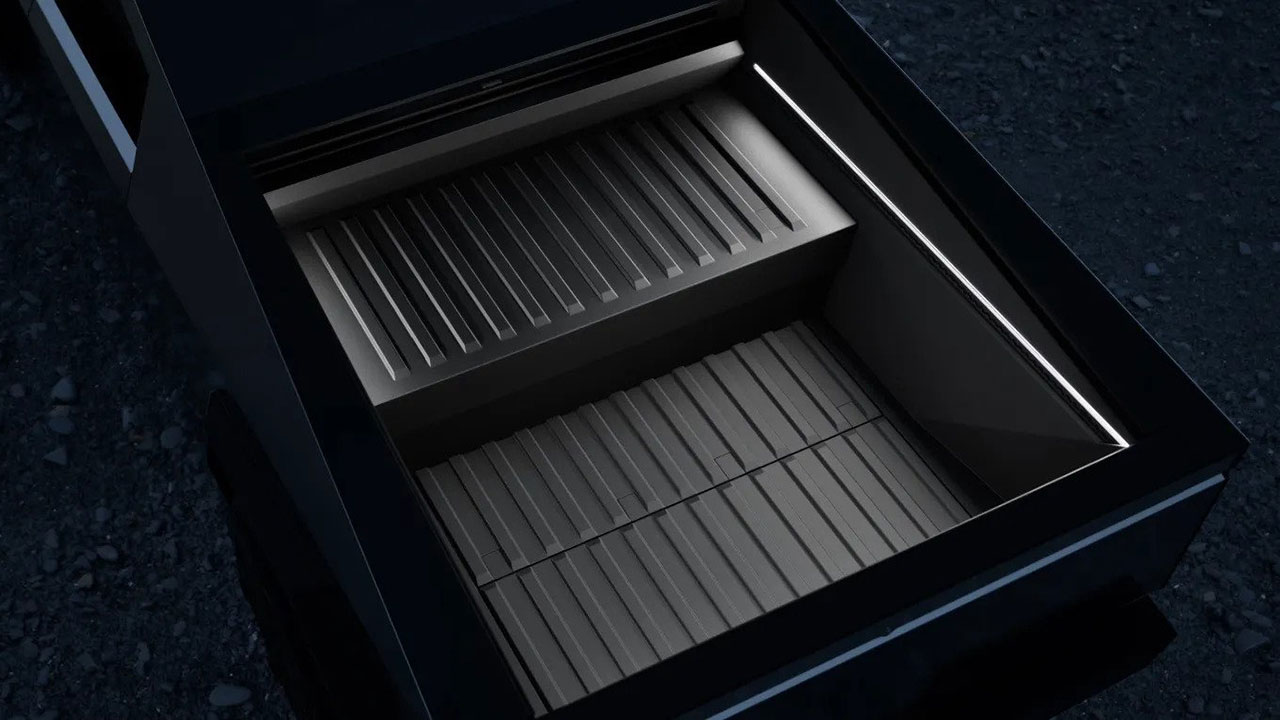Why the Concern?
A major concern is the Range Extender's weight. Considering that batteries are inherently heavy and the extender promises a 28% range increase, it's expected to add a significant amount of weight to the truck.
Battery and Efficiency Insights
The Cybertruck's main battery has a 123 kWh usable capacity, offering about 2.75 miles (4.42 km) per kWh. The Range Extender, providing an extra 130 miles (210 km), would require approximately 47 kWh of storage. That's about 575 "4680" cells, translating to 450 pounds (204 kg) of batteries alone. Additional weight will come from the pack construction and other components.
Comparative Analysis
In comparison, a Tesla Model 3 Long Range battery pack, weighing around 1,060 pounds (480 kg), consists of 4,416 cells. This suggests that the Cybertruck's Range Extender, though likely more efficient in design, could weigh between 550 to 600 pounds (250 to 272 kg). However, this could increase with more rugged construction or a higher cell count.
Cost Implications
Priced at around $16,000, the Range Extender works out to $123 per extra mile of range. This figure was found in Tesla's website source code after the announcement.
Musk's Perspective
Elon Musk, Tesla's CEO, recommends the pack for those undertaking long trips or towing heavy loads. How it fits in the truck's bed, especially with a spare tire, remains to be seen.
Is It Worth It?
The value of the Range Extender depends on the user's needs. For those frequently towing or traveling long distances, it might be a worthy investment. However, it does increase the Cybertruck's cost significantly, from the originally promised $69,900 to $115,990.
Source: InsideEVs


